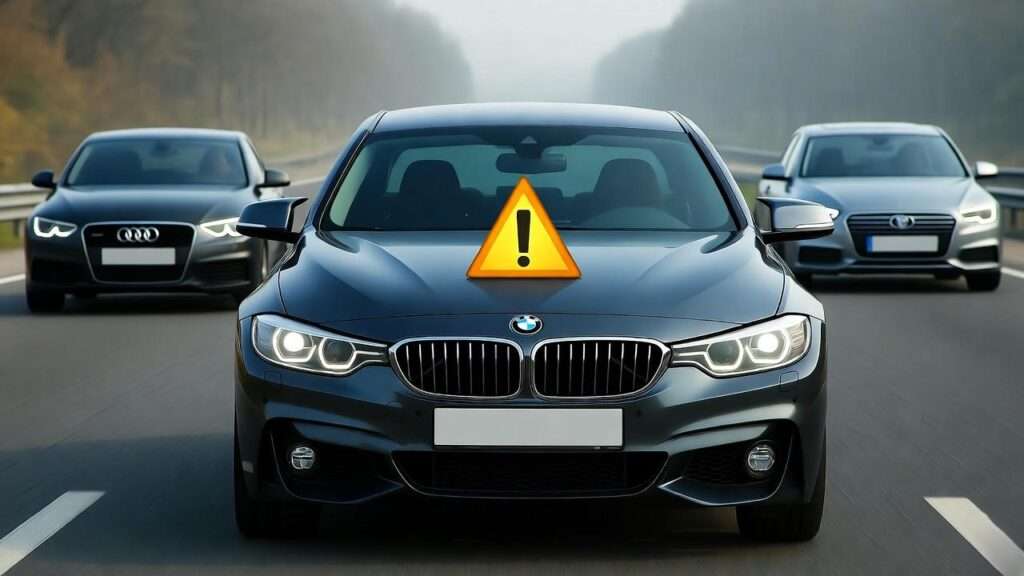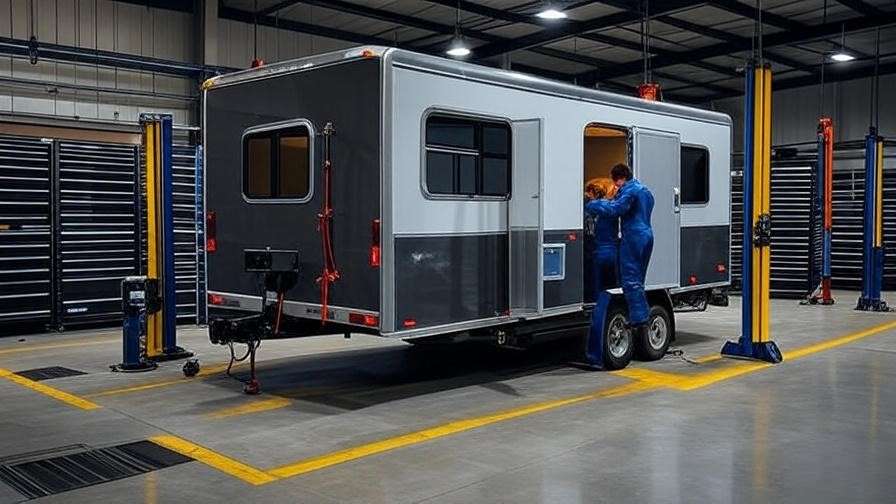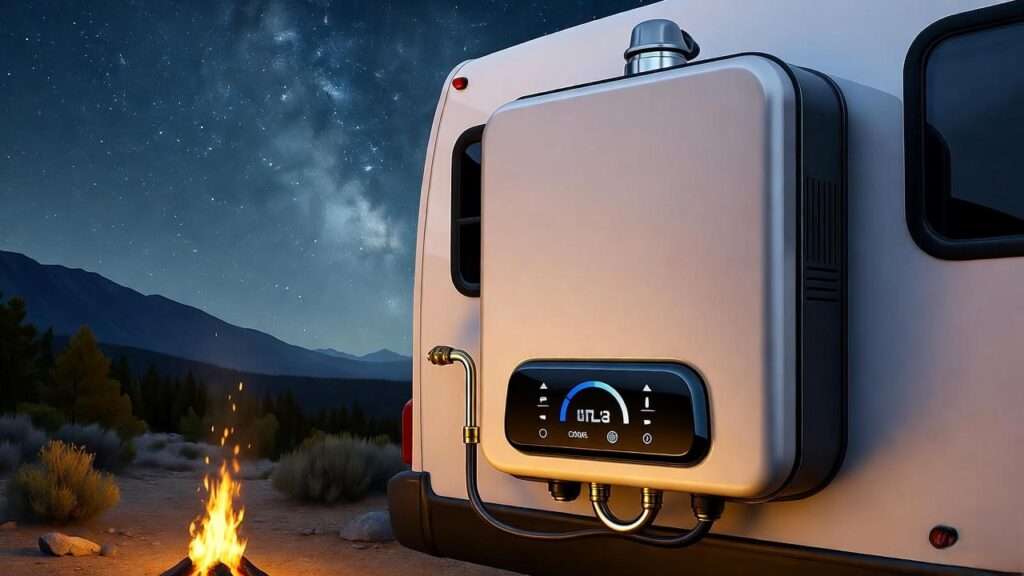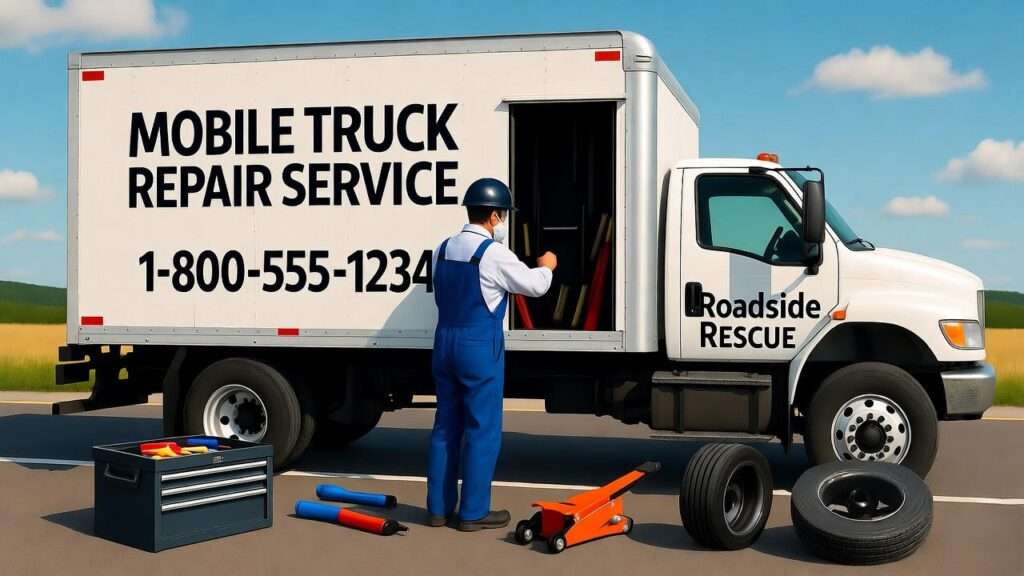Picture this: You’re cruising down the highway in your sleek BMW, the engine purring like a finely tuned instrument, when suddenly, a warning light flashes on your dashboard. Panic sets in as you realize your foreign car needs repair—but where do you turn? Finding reliable foreign car repair near me is a challenge many owners of European, Japanese, or other imported vehicles face. These cars, built with precision engineering and advanced technology, demand specialized care to maintain their performance and longevity. With the right approach, you can locate a trustworthy repair shop that ensures your vehicle stays in top shape. In this comprehensive guide, we’ll share expert tips, practical advice, and insider insights to help you find the best foreign car repair services in your area, saving you time, money, and frustration.
Why Foreign Cars Require Specialized Repair Services
Unique Engineering of Foreign Vehicles
Foreign cars, such as Audi, Mercedes-Benz, Toyota, or Porsche, are renowned for their cutting-edge engineering. German vehicles, for instance, often feature complex turbocharged engines and sophisticated electronics, while Japanese brands like Honda emphasize reliability through precision-crafted components. These vehicles use proprietary parts and systems that differ significantly from domestic cars like Ford or Chevrolet. For example, a Volkswagen’s direct-shift gearbox (DSG) requires specialized knowledge to repair, unlike a standard automatic transmission. Understanding these differences is crucial when searching for a repair shop that can handle your car’s unique needs.
Risks of Choosing the Wrong Repair Shop
Choosing an unqualified repair shop can lead to costly mistakes. A real-world example illustrates this: John, a BMW 3 Series owner, took his car to a general auto shop for a check-engine light issue. The shop misdiagnosed the problem as a faulty sensor, but the real issue was a clogged fuel injector—a common problem in BMWs that requires brand-specific expertise. The incorrect repair cost John $800, and the problem persisted until he found a specialized shop. Improper diagnostics, low-quality aftermarket parts, or outdated tools can damage your vehicle and lead to expensive follow-up repairs.
The Importance of Expertise in Foreign Car Maintenance
Mechanics working on foreign cars need specialized training to navigate their complexities. Certifications like those from the Automotive Service Excellence (ASE) or manufacturer-specific programs (e.g., Audi’s Technician Certification) ensure technicians understand the intricacies of your vehicle. For instance, repairing a Mercedes-Benz S-Class requires familiarity with its AIRMATIC suspension system, which demands advanced diagnostic tools and expertise. Shops with certified technicians are better equipped to maintain your car’s performance and adhere to manufacturer standards, ensuring long-term reliability.
Key Factors to Consider When Searching for Foreign Car Repair Near Me
Certifications and Training
When searching for foreign car repair near me, prioritize shops with certified technicians. ASE certification is a gold standard in the automotive industry, indicating a mechanic’s proficiency across various systems. Additionally, brand-specific certifications—such as BMW’s STEP (Service Technician Education Program) or Toyota’s Master Diagnostic Technician—demonstrate expertise in your car’s make. Ask potential shops about their technicians’ credentials. A reputable shop will proudly share this information, giving you confidence in their ability to handle your vehicle.
Experience with Your Car’s Make and Model
Not all foreign car repair shops are equal. Some specialize in European brands like Volvo or Jaguar, while others focus on Asian makes like Subaru or Lexus. When evaluating a shop, ask how frequently they service your car’s specific make and model. For example, a shop that regularly repairs Porsche 911s will be more adept at diagnosing issues with its flat-six engine than a generalist. Tip: Ask, “How many [your car brand] vehicles do you service monthly?” A high number indicates deep experience.
Access to OEM Parts and Advanced Tools
Original Equipment Manufacturer (OEM) parts are designed to match your car’s specifications, ensuring optimal performance and durability. Aftermarket parts, while cheaper, may not meet the same standards, potentially causing issues down the road. For instance, using a non-OEM oxygen sensor in an Audi A4 could lead to inaccurate readings and reduced fuel efficiency. Additionally, foreign cars often require advanced diagnostic tools, such as OBD-II scanners tailored to specific brands (e.g., VAG-COM for Volkswagen Group vehicles). Confirm that the shop uses OEM parts and has the necessary equipment for accurate repairs.
Transparent Pricing and Estimates
Foreign car repairs can be expensive, so transparency is critical. A trustworthy shop provides detailed, written estimates before starting work, breaking down labor and parts costs. For example, repairing a timing belt on a Honda CR-V might cost $800–$1,200, depending on the region and shop. Ask for a breakdown to avoid surprises. Expert Tip: Request a digital or printed estimate and review it carefully to ensure all charges are clear. Reputable shops are upfront about costs and willing to explain each item.
Customer Reviews and Reputation
Online reviews on platforms like Google, Yelp, or Angie’s List offer valuable insights into a shop’s reliability. Look for consistent positive feedback, especially from owners of foreign cars similar to yours. Pay attention to comments about expertise, communication, and fairness in pricing. Be cautious of shops with overly generic reviews or a high number of complaints about hidden fees. For instance, a shop with dozens of five-star reviews praising their work on Mercedes-Benz vehicles is likely a safer bet than one with mixed feedback.
How to Find the Best Foreign Car Repair Shops Near You
Leverage Online Search Tools
Start your search with a targeted query like foreign car repair near me on Google or Bing. Refine results by adding your city (e.g., “BMW repair Chicago”) or specific brand (e.g., “Lexus specialist near me”). Google Maps is particularly useful, as it shows shop locations, ratings, and customer photos. Local business directories, such as Yelp or the Better Business Bureau, can also help you identify reputable shops. Filter results by distance and ratings to narrow down your options.
Tap Into Local Car Communities
Car enthusiasts often share valuable recommendations. Join online forums like BimmerFest (for BMW owners) or Audizine (for Audi owners) to ask for trusted repair shops in your area. Local car clubs, such as the BMW Car Club of America (BMWCCA), are another great resource. For example, Sarah, a Subaru Outback owner, found a top-rated shop through a regional Subaru owners’ group on X, saving her from a subpar repair experience. Engaging with these communities can lead you to hidden gems.
Ask for Referrals from Trusted Sources
Friends, family, or coworkers who own foreign cars can provide firsthand recommendations. If you’re new to an area, consider contacting a dealership for suggestions—many will recommend independent shops with expertise in their brand. For instance, a Toyota dealership might point you to a local shop known for servicing Camrys and RAV4s. These referrals often lead to reliable, cost-effective options compared to dealership prices.
Visit Shops in Person
Before committing, visit potential shops to assess their professionalism. A clean, organized facility with modern equipment is a good sign. Look for certifications displayed on walls and check for brand-specific diagnostic tools, such as a Star Diagnosis system for Mercedes-Benz. A professional waiting area and friendly staff also indicate a customer-focused business. Checklist: Ensure the shop has a tidy workspace, up-to-date tools, and visible credentials.
Questions to Ask a Foreign Car Repair Shop
Diagnostic and Repair Process
When evaluating a repair shop, ask specific questions to gauge their expertise. For example, “What diagnostic tools do you use for [your car brand]?” ensures they have the right equipment, like a VAG-COM for Volkswagen or a Toyota Techstream for Lexus. Another key question is, “Do you follow manufacturer repair protocols?” This confirms adherence to brand-specific guidelines, which is critical for complex systems like a Porsche’s PDK transmission. These questions help you assess whether the shop can accurately diagnose and fix your vehicle’s issues.
Warranty and Guarantees
A reputable shop stands behind its work with warranties on parts and labor. Ask, “What’s your warranty policy on repairs?” Most quality shops offer at least a 12-month or 12,000-mile warranty, though some extend this for specific repairs like engine rebuilds. For instance, a shop replacing a BMW’s water pump should provide a warranty on both the part and installation. A strong warranty signals confidence in their service and protects you from unexpected costs if issues arise post-repair.
Turnaround Time and Communication
Clear communication and reasonable turnaround times are essential for a positive repair experience. Ask, “How long will the repair take, and will you provide updates?” For example, replacing a clutch on an Audi A4 might take 1–2 days, depending on parts availability. Request text or email updates for major repairs to stay informed. Expert Tip: Choose a shop that proactively communicates delays or additional findings, as this reflects a customer-centric approach.
Cost and Payment Options
Foreign car repairs can be costly, so inquire about payment options. Ask, “Do you offer financing or discounts for first-time customers?” Some shops provide payment plans for expensive repairs, like a $2,000 transmission overhaul on a Mercedes-Benz. Others may offer loyalty discounts or promotions for new clients. For example, a shop in Seattle offered a 10% discount on labor for first-time Audi owners, making it a budget-friendly choice. Always request a detailed invoice to ensure transparency.
Red Flags to Avoid When Choosing a Repair Shop
Lack of Transparency
Be wary of shops that hesitate to provide written estimates or detailed invoices. A lack of transparency often signals hidden fees or subpar service. For instance, if a shop quotes a vague “$500 and up” for a brake repair on a Volvo XC90 without itemizing costs, proceed with caution. Reputable shops provide clear, upfront pricing and explain each charge, ensuring you understand the repair process.
Generic Repair Approaches
Avoid shops that treat all vehicles the same. Foreign cars require specialized knowledge, and a one-size-fits-all approach can lead to misdiagnoses or improper repairs. For example, a general shop might use a universal diagnostic scanner that misses specific error codes in a Jaguar’s engine control unit. Look for shops that advertise expertise in your car’s brand or region (e.g., “European car specialists” or “Japanese import repair”).
Poor Communication or Unprofessional Behavior
Unprofessional behavior, such as dismissive staff or failure to explain repairs in clear terms, is a red flag. A quality shop takes time to answer your questions and ensures you understand the work being done. For instance, if a technician brushes off your concerns about a rattling noise in your Lexus IS, it’s a sign they may not prioritize customer satisfaction. Choose a shop that communicates respectfully and clearly.
Overly Cheap Quotes
While everyone loves a deal, unrealistically low quotes often indicate cut corners. For example, a shop quoting $300 for a timing belt replacement on a Honda Accord—when the market rate is $800–$1,200—may use low-quality parts or lack the expertise for a proper repair. Expert Insight: Quality repairs for foreign cars require skilled labor and OEM parts, which come at a premium. If the price seems too good to be true, it probably is.
Maintaining Your Foreign Car to Reduce Repair Needs
Follow Manufacturer Maintenance Schedules
Adhering to your car’s maintenance schedule is critical for preventing major issues. Most foreign cars, like a Toyota Camry or Audi Q5, come with a service manual outlining intervals for oil changes, timing belt replacements, and more. For example, BMW recommends oil changes every 10,000 miles or annually, depending on driving conditions. Following these guidelines extends your car’s lifespan and reduces the likelihood of costly repairs. Downloadable Resource: Check your manufacturer’s website for a maintenance checklist specific to your model.
Use High-Quality Parts and Fluids
Using OEM or manufacturer-approved parts and fluids ensures optimal performance. For instance, synthetic oils like Mobil 1 or Castrol EDGE are often required for European cars like Mercedes-Benz or Porsche to maintain engine efficiency. Non-approved fluids can lead to sludge buildup or reduced fuel economy. Similarly, OEM spark plugs for a Subaru Outback ensure proper combustion, while aftermarket alternatives may cause misfires. Always verify that your shop uses high-quality components.
Regular Diagnostics
Periodic diagnostic checks can catch issues before they escalate. For example, an OBD-II scanner tailored to your car’s brand can detect early signs of a failing alternator or oxygen sensor. Regular diagnostics can reduce repair costs by up to 30%, according to the Automotive Service Association. Schedule check-ups every 6–12 months, especially for high-mileage vehicles or those driven in harsh conditions (e.g., extreme heat or stop-and-go traffic).
Drive Smart to Minimize Wear
Your driving habits impact your car’s longevity. Avoid aggressive acceleration or braking, which can stress components like the transmission or suspension. For example, rapid starts in a turbocharged Audi TT can wear out the turbocharger prematurely. Additionally, avoid overloading your vehicle, as excess weight strains the suspension and brakes. Tip: Drive smoothly and maintain consistent speeds to extend the life of your foreign car’s components.
Expert Insights: What Sets Top Foreign Car Repair Shops Apart
“Top-tier foreign car repair shops invest in continuous training and cutting-edge technology to stay ahead,” says Michael Carter, a certified automotive engineer with 20 years of experience working on European and Asian vehicles. Leading shops use advanced tools like computer-aided diagnostics and 3D wheel alignment systems to ensure precision. For example, a shop servicing a Porsche Cayenne might use a PIWIS tester to diagnose electrical issues accurately. Ongoing training ensures technicians stay updated on new models, such as the latest hybrid systems in Toyota Prius or electric components in a Tesla (though not a foreign car, the principle applies). These shops also prioritize customer education, explaining repairs in detail to build trust.
FAQs About Foreign Car Repair
How much should I expect to pay for foreign car repairs compared to domestic cars?
Foreign car repairs typically cost 20–50% more due to specialized parts and labor. For example, replacing a water pump on a Ford Focus might cost $400, while the same repair on a BMW 5 Series could be $600–$800. Always request a detailed estimate to understand costs.
Can I take my foreign car to a general auto shop?
General shops may handle minor repairs like oil changes or tire rotations, but complex issues (e.g., transmission repairs on a Volkswagen Passat) require specialized expertise. Opt for a shop with experience in your car’s brand to avoid misdiagnoses.
How do I know if a shop uses OEM parts?
Ask to see part invoices or packaging, which should list the manufacturer’s name (e.g., Bosch for German cars). Reputable shops are transparent about sourcing and may even show you the parts before installation.
What if there are no specialized shops near me?
Consider traveling to a nearby city with a reputable shop or consult your dealership for recommendations. Some owners drive 50–100 miles for trusted service, especially for high-end brands like Porsche or Ferrari.
Conclusion
Finding reliable foreign car repair near me doesn’t have to be daunting. By prioritizing certified technicians, brand-specific expertise, OEM parts, and transparent pricing, you can ensure your foreign car receives the care it deserves. Use online tools, tap into car communities, and ask the right questions to identify trustworthy shops. Regular maintenance and smart driving habits can further reduce repair needs, keeping your vehicle in peak condition. Have a repair shop experience to share? Drop it in the comments or contact a local expert for personalized advice. With these tips, you’re equipped to keep your foreign car running smoothly for years to come.













